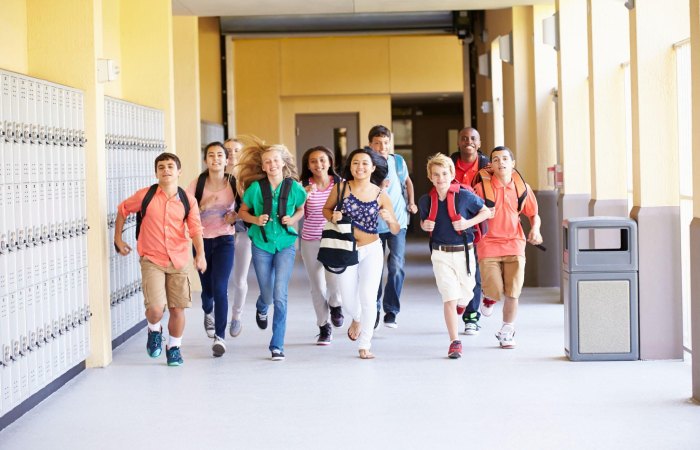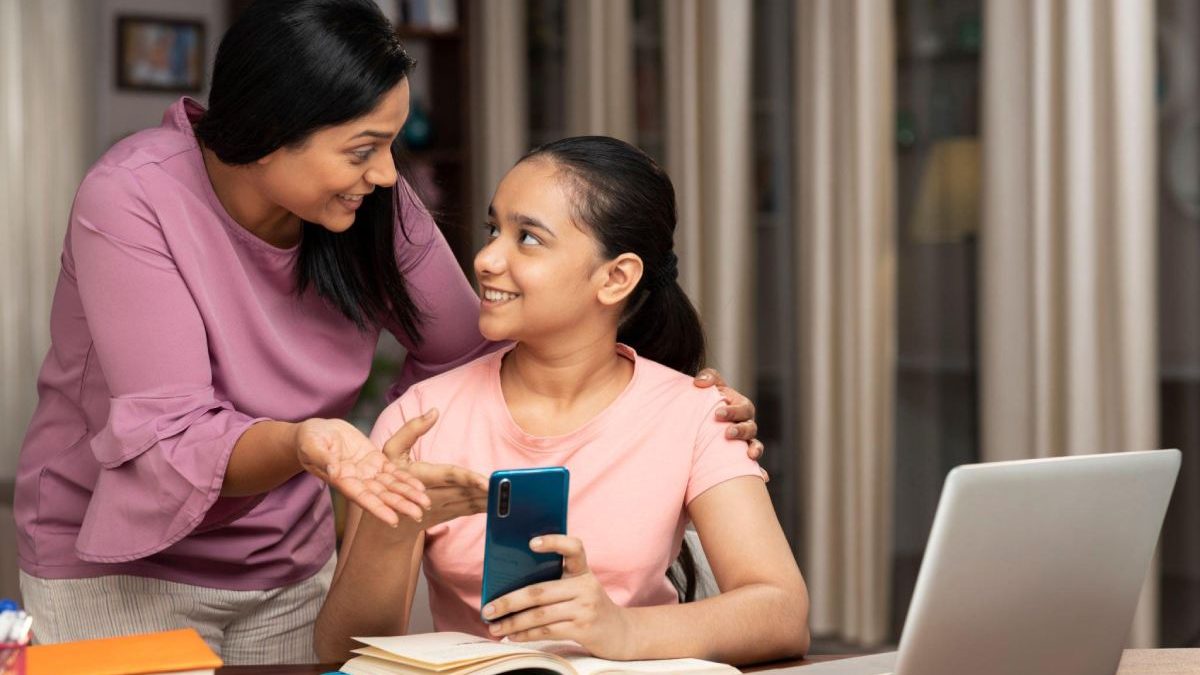Table of Contents
The World Needs Better Access To Quality Education
Today, more than a billion children attend education every day. It’s a win. But 260 million children between the ages of 5 and 16 are not in school (source: UNESCO). It remains a huge problem that needs to be address urgently. Meanwhile, the Covid-19 pandemic – which has revealed severe global gaps in the accessibility. Of online learning – has impacted the education of more than 1.5 billion people aged 16 to 25 worldwide. It could result in the younger generation losing $10 trillion in lifetime income. It is tragic for people and devastating for the global economy (World Bank).
Unleash Our Educational Superpowers

The path to realizing the influence of digital innovation in education starts with digital literacy. By being equipped with the knowledge and skills to interact with the digital world. Teachers will be empower to transform the learning experience. Students will embrace it because mobile technology in education. Enables digital learning that unleashes our pedagogical superpowers. When technology connects us, amazing things happen. Whether it’s personalized learning, collaboration and co-creation. or more flexibility in when, where. And how to participate in education, anything is possible to allow students flexible and adaptable learning.
Reinvent Teaching And Learning
By 2030, the mark year set by the United Nations for achieving its Sustainable Development Goals. Digital learning will have reshaped the landscape to develop tomorrow’s skills today. Armed with the control of connectivity, schools and universities are reinventing what it means to teach and what it means to learn. Teachers are empowered to vary their teaching strategies to engage their students by embracing learning experiences that are more personal and tailor to different learners. We’re even seeing the rise of initiatives like Massive Open Online Courses (MOOCs), fueling the growing demand for adult online learning. However, there is still work to remain done.
The Amazing World Of Experiential Learning
By integrating augmented, virtual and mixed reality, eXtended Reality (XR) can create immersive learning experiences of unprecedented richness and depth. Digital Twin technology makes it possible to develop large-scale virtual replicas of almost anything that has ever existed for students to explore. The advent of the “Internet of Senses”, where haptic technology allows us to experience touch and smell online, means you can visit Pompeii and touch its artefacts anywhere in the world. You can walk the streets of London before or during the Great Fire. You can walk with dinosaurs. Not only remains it unique. But it’s also powerful.
Education At Your Own Pace
The traditional infrastructure of the educational world is complement by new immersive virtual spaces. Creating a hybrid learning environment that reconciles the essential qualities of face-to-face learning with the new possibilities of the digital world.
Digital Skills For Life, Work And Lifelong Learning
As digital stages will increasingly be the foundation of future jobs and opportunities. Those without the appropriate digital skills to operate these platforms will not be as competitive in the future workforce.
The growing gap between demand and also,availability of digital skills in the labour market requires strong. Public-private policies to address the problem of a digitally divided society. On the other hand. The digital transformation of economies and industries will transform human-centric work activities by introducing automation and AI-driven processes. It will also open up the selection of focusing them. On more meaningful. Creative and socially relevant tasks that machines can perform less efficiently.
Also Read: What Is Trading? – History, Types, And More


